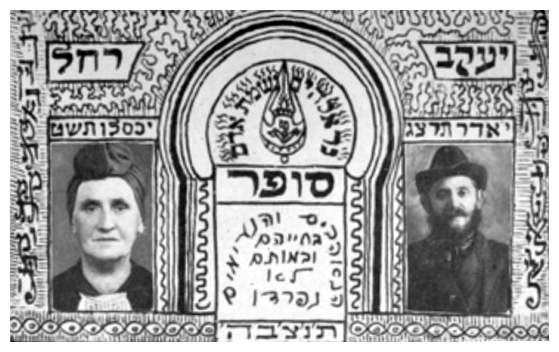
(Hebrew text to be translated)
|

(Hebrew text to be translated)
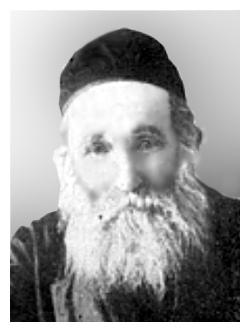
(Hebrew text to be translated)
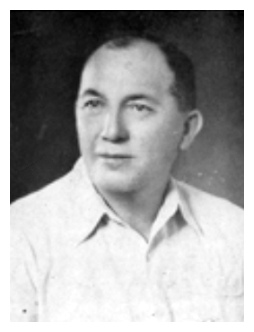
Henek Kalka was born in Radomsk in 1897 into a Hasidic family. He was already
an active member of S.S. (Seimist Socialists) in his young years and later
he was a sympathizer of the Communists. He left for Eretz-Yisroel in 1920.
Arriving in the land, he joined Histadrut as a member and was an active worker in Agudat-Poalei-Ha'ets (Wood Workers Union). He was always among the first and most stubborn fighters for securing and bettering working conditions and distinguished himself with his ideas and actions when the workers were on strike.
In 1923, a strike broke out at Krinicin's (the present mayor in Ramat-Gan, who at that time had a carpenter shop in Tel Aviv). The workers decided to hold a meeting at the uncompleted buildings. When the English appeared in order to disrupt the meeting, Henek lowered the gate that separated the area and thus barred the way of the English policemen on horseback. While the English police commandant Riks stopped, Henek Kalka ran to him and threw him off his horse. A great riot occurred and the workers ran away, Henek with them.
In 1927 H. Kalka became independent and self employed. Then he became active in Hitachadut Baalei Melakha (Association of Craftsmen) in Tel Aviv. He organized the cabinetmakers so that they would be a substantial power.
In 1929/31 the economic situation in the country became very difficult. The cabinet makers remained without work and many of them literally did not have anything to eat. H. Kalka, good-hearted by nature, provided great help to his needy comrades then. He gave in secret, anonymously. Goodness and a willingness to help always accompanied his way.
In 1936 when the Italian-Abyssinian War broke out and the situation became worse, H. Kalka took the initiative to care for his fellow unemployed cabinetmakers. A year later (1937), when the situation became even worse, H. Kalka was elected to the Central Committee of Hitachadut Baalei Melakha. He filed a proposal to create a cooperative store so that the members would be able to buy their products at cheaper prices. With his initiative, the co-op was created and no one left from there with empty hands. H. Kalka said to give everyone products they needed and he would pay for them.
He also decided to create a loan institution and, with his initiative, an interest-free loan fund was created that later became the General Fund of Hitachadut Baalei Melakha.
H. Kalka cooperated in other areas of social assistance, too. Thus, for example, when people received various fines, and had to serve time in jail because they did not have the money to pay the fines, H. Kalka would personally go the person owed the money and speak and reason with him so that he would waive the fines. In many cases, H. Kalka literally made a sacrifice for the arrestee and many times paid the fines of strangers out of his own pocket in order to free them from jail.
In 1952 H. Kalka proposed that a new building be built for Histadrut and thanks to his initiative, the building of Heykhal haMelakha (Translators's note: literally “Palace of Craftsmanship”) began. The building carpenters' section contributed 15 thousand pounds for this purpose and Kalka took care that the building would be well and beautifully finished, just as if it were his own home.
H. Kalka was not only a good community worker, but a good man, father and grandfather, too.
His many-faceted and efficient community work was interrupted on the 5th of May 1958. The building carpenters have perpetuated his name by founding a special loan fund that carries the name “Henek Kalka Fund.”
L.R.
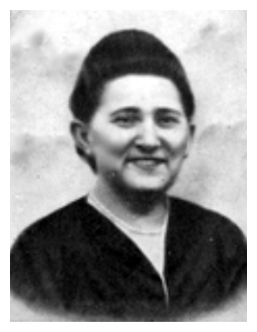
(Hebrew text to be translated)
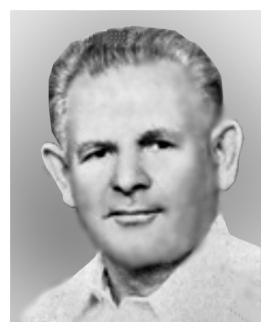
Dovid Krojze was born in Radomsk in 1890 to middle-class religious parents. At
first, he received a traditional Jewish education and when he was 13 he began
studying quilting. His older brother Hershel showed him the way to learning a
trade (printing).
Dovid Krojze took his first step in life at the time when the political-communal life in Eastern Europe was fermenting with the revolutionary events of 1905. This naturally had an effect, too, on the Jewish population in general and on the young workers. He was very quickly drawn into the life of the Socialist Party, became active in all actions, strikes, discussions, secret meetings and self-defense. When Radomsk became too crowded for him and politically unsafe, he departed for Lodz, to which a stream of thousands of Jewish workers from the entire province were led.
Dovid Krojze worked at his trade in Lodz and was very active in party work. He
was persecuted for this by various police “tricks.” However, he did
not surrender. After the suppression of revolutionary ferment of 1905, when
those who were saved from the gallows or Siberia came back to their homes,
Dovid Krojze came back to Radomsk, too.
[Page 562]
The organized and class-conscious Jewish youth created various cultural
institutions – in Radomsk, Hazamir arose. Dovid Krojze takes
an active part in this very organization, chiefly in the dramatic section.
Later he takes an active part in the founding of Kultura and takes
part in the political and cultural life of Jewish Radomsk.
After the Balfour Declaration, when thousands of Jewish young people are drawn through various paths and detours to Eretz-Yisroel, Dovid Krojze and his young wife are drawn there, too. In 1921/22 they arrive in Eretz-Yisroel, as members of Zeiri-Zion in Radomsk. Here Dovid Krojze did not belong to those for whom absorption in the country came easily. The years of adjusting himself to the realities of Eretz-Yisroel were difficult, very difficult. He was weak in health and in addition he had a wife and small children; he suffered through the difficult years of unemployment. He suffered physically and materially, but he did not give in spiritually. Once, “the bridges under me are burned,” he did not think about, G-d forbid, returning to gulas (exile). On the contrary, he made an effort to bring his family here. His belief in Zionism, in the revival of the Jewish people in its land, strengthened still more and more in his heart, despite his personal situation.
The number of Radomskers in Eretz-Yisroel becomes greater; the organization of landsleit is created. Dovid Krojze becomes a member of the managing committee and for many years was one of the active members of the organization and active in the central committee of the Interest-Free Loan Fund.
In his last years he dedicated himself to the work of this Yizkor Book in addition to donating his very interesting memories that will serve as a mirror for the former life in Jewish Radomsk and Poland.
Alas, death cut short his life and he did not live to see this Book of Memories.
D. K.
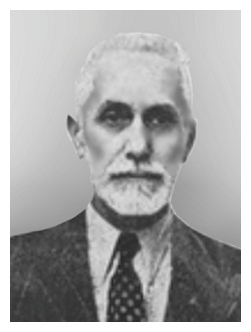
(Hebrew text to be translated)
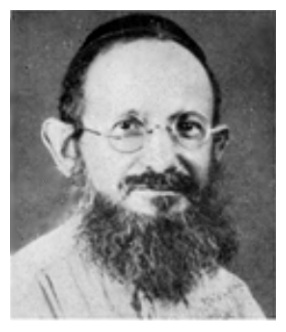
(Hebrew text to be translated)
(Hebrew text to be translated)
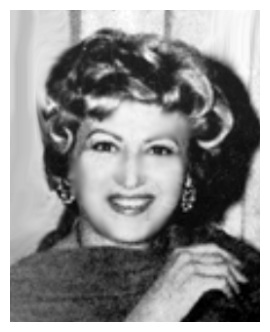
Rokhma Rubinsztajn
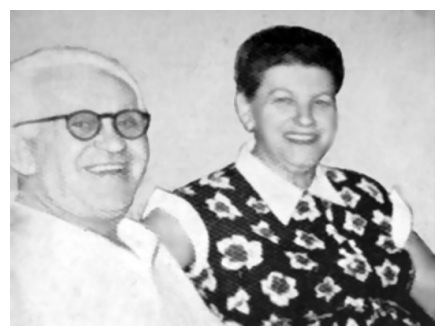
(Hebrew text to be translated)
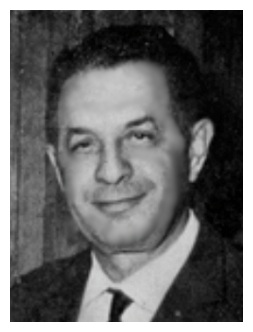
(Hebrew text to be translated)
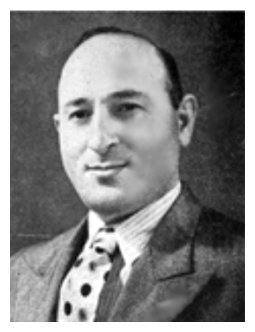
(Hebrew text to be translated)
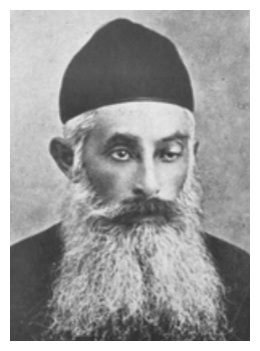 |
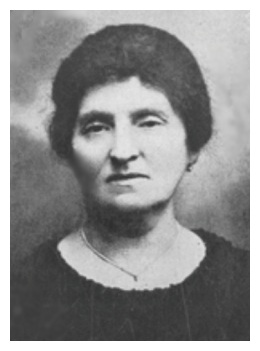 |
(Hebrew text to be translated)
|
JewishGen, Inc. makes no representations regarding the accuracy of
the translation. The reader may wish to refer to the original material
for verification.
JewishGen is not responsible for inaccuracies or omissions in the original work and cannot rewrite or edit the text to correct inaccuracies and/or omissions.
Our mission is to produce a translation of the original work and we cannot verify the accuracy of statements or alter facts cited.
 Radomsko, Poland
Radomsko, Poland
 Yizkor Book Project
Yizkor Book Project
 JewishGen Home Page
JewishGen Home Page
Copyright © 1999-2024 by JewishGen, Inc.
Updated 12 Dec 2021 by OR